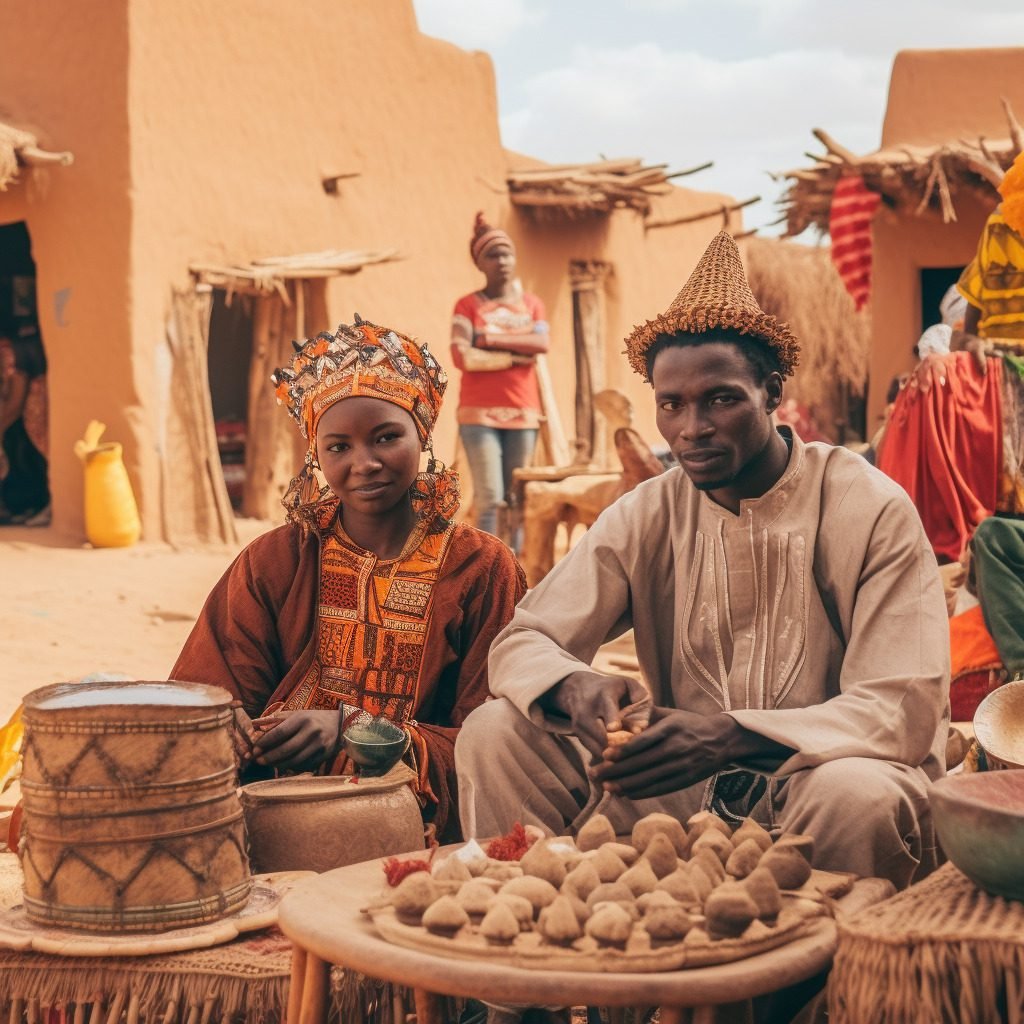Introduction
When it comes to traveling, one aspect that is often overlooked but extremely important to consider is following the rules and cultural norms of the country you are visiting. Understanding and respecting these customs not only ensures a smooth and enjoyable trip but also shows our appreciation for the local culture. In this article, we will explore some of the key rules and cultural norms in Mali, a vibrant West African country with a rich history and diverse heritage.
Key Elements
Element 1: Greetings and Respect
In Mali, greetings play a significant role in daily interactions. It is common to greet others with a handshake, followed by a series of inquiries about their well-being and family. Additionally, it is important to address people by their proper titles and use formal expressions of respect. Avoid using first names unless specifically invited to do so, as this can be seen as inappropriate and disrespectful.
Element 2: Dress Code
When visiting Mali, it is important to be mindful of the conservative dress code. Both men and women should dress modestly, covering their shoulders and knees at a minimum. Women are also advised to cover their hair when entering religious sites or attending formal events. Respect for local customs and religious beliefs is crucial, as it demonstrates cultural sensitivity and acceptance.
Element 3: Religious Practices
Mali is predominantly Muslim, and Islamic traditions greatly influence daily life. Visitors should be aware of the religious practices and respect them accordingly. When entering mosques, non-Muslims are generally not permitted, and it is essential to remove one’s shoes before entering any place of worship. During Ramadan, it is polite to refrain from eating, drinking, or smoking in public during daylight hours, as this is a time of fasting and reflection for Muslims.
Element 4: Photography
While Mali offers breathtaking landscapes and vibrant cultural celebrations, it is important to exercise caution when taking photographs. Always ask for permission before photographing individuals, as this shows respect for their privacy and cultural traditions. Some people may decline, and it is crucial to accept their decision gracefully. Be particularly sensitive when photographing locations of religious significance or military installations, as this is strictly prohibited.
Element 5: Cultural Sensitivity
Respecting Mali’s diverse cultural heritage is essential for a positive travel experience. Different ethnic groups, such as the Bambara, Tuareg, and Fulani, have distinct customs and traditions. It is crucial to be open-minded and embrace the unique cultural aspects you encounter. Engaging in conversations and learning about local traditions can create meaningful connections and foster mutual understanding.
Element 6: Wildlife Conservation
Mali is home to several national parks and nature reserves, including the iconic UNESCO World Heritage Site, the Cliff of Bandiagara. As a responsible traveler, it is vital to respect the environment and wildlife. Do not disturb or feed animals, refrain from littering, and follow designated paths to avoid damaging delicate ecosystems. By practicing responsible tourism, we can help preserve Mali’s natural treasures for future generations.
Tips for Traveling
- Research and Plan Ahead: Before traveling to Mali, familiarize yourself with the country’s laws, customs, and cultural norms. Seek guidance from reputable sources such as official government websites or consult with a travel agency specializing in West African destinations.
Learn Basic Phrases: Show respect to the locals by learning a few basic greetings and phrases in French or Bambara, which are widely spoken languages in Mali. This simple effort will be greatly appreciated and help you navigate daily interactions more comfortably.
Dress Appropriately: As mentioned earlier, be mindful of the conservative dress code and choose clothing that covers your shoulders and knees. Wearing lightweight, breathable fabrics will ensure comfort in Mali’s warm climate.
Practice Responsible Tourism: Support local businesses and artisans by purchasing souvenirs and services directly from them. Be conscious of your environmental impact by reducing waste and using reusable items whenever possible.
Be Cautious of Health Risks: Consult a healthcare professional before traveling to Mali to receive necessary vaccinations and medications. It is also essential to practice good hygiene, drink purified water, and consume cooked foods to minimize the risk of foodborne illnesses.
Disclaimer: While this article aims to provide valuable insights, it is important to seek professional advice and consult official government sources for the most up-to-date information on rules and cultural norms in Mali. Laws and customs may change over time, and it is our responsibility as travelers to stay informed and respectful.



